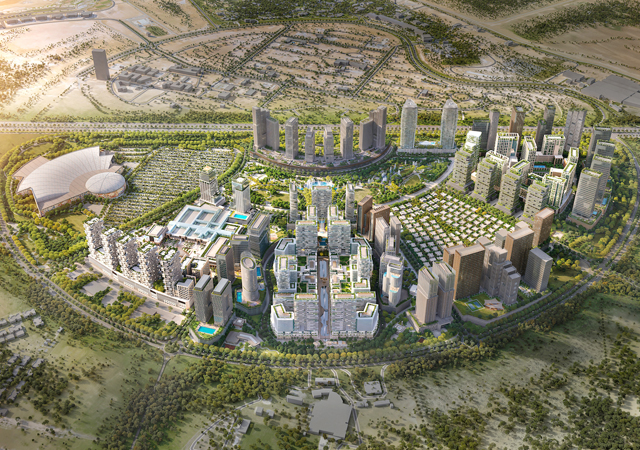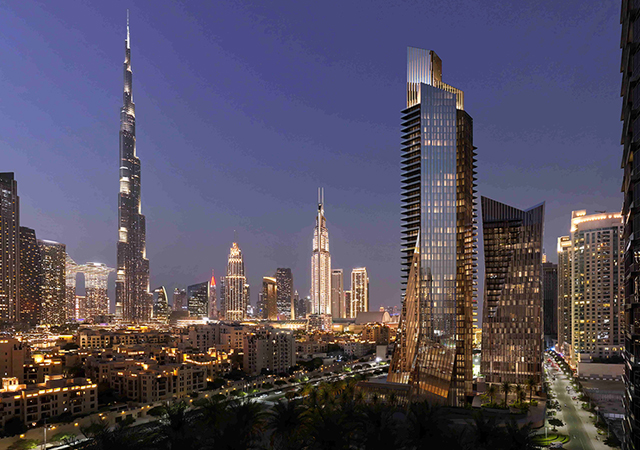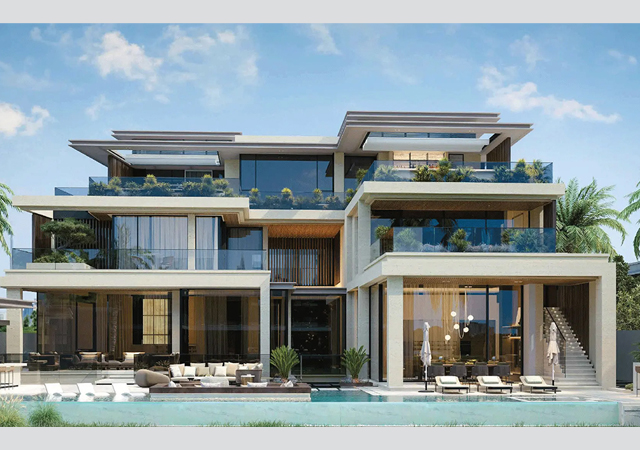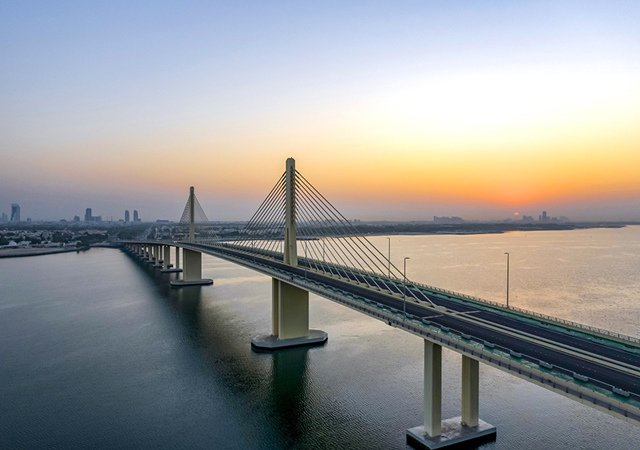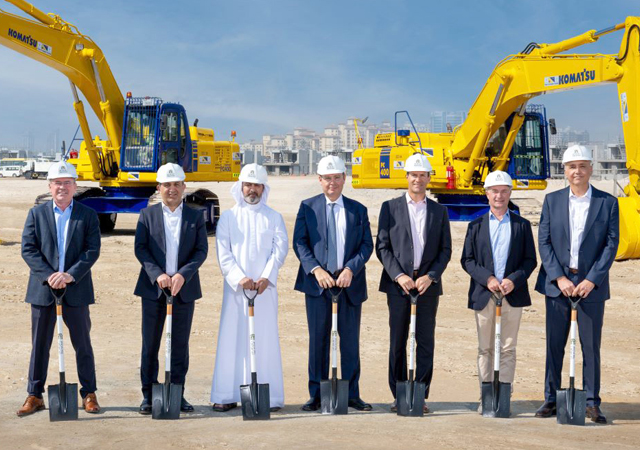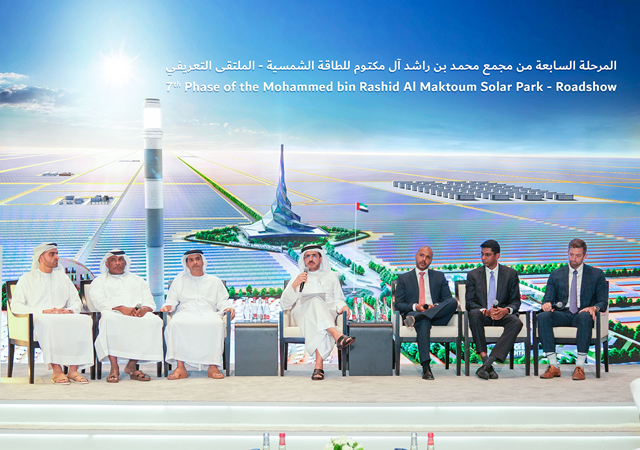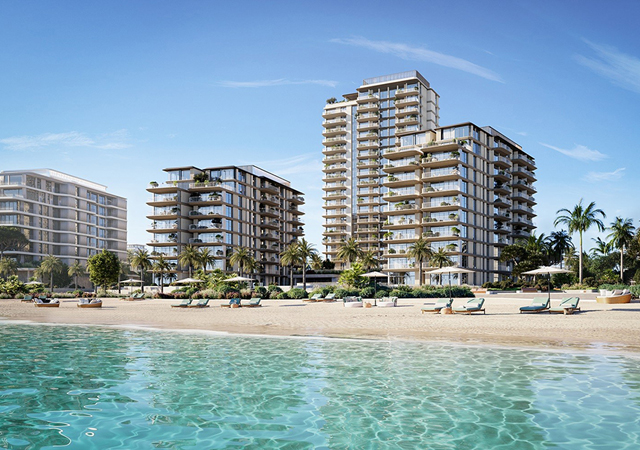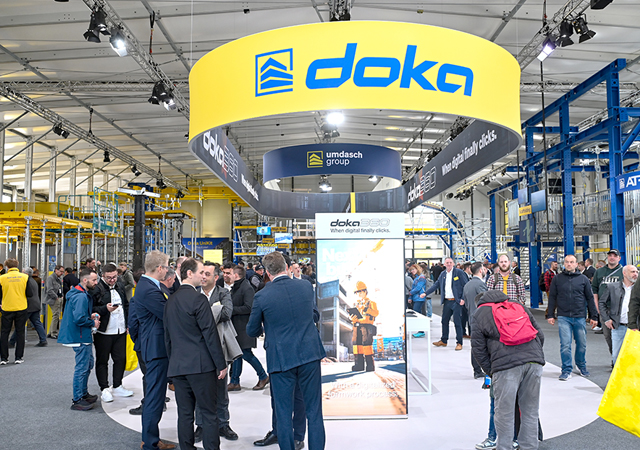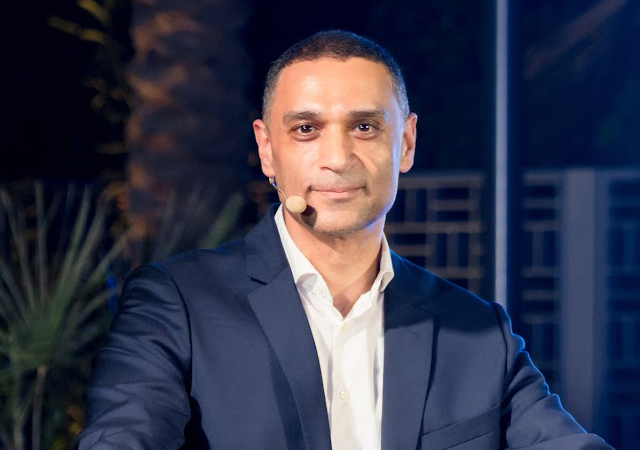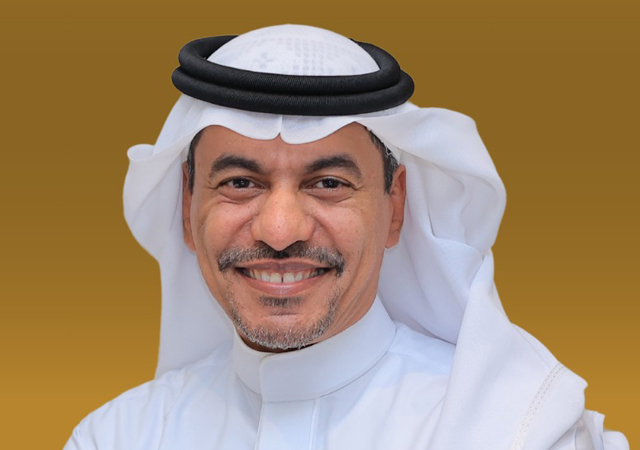
 Stone Art tiles collection ... preserving natural resources.
Stone Art tiles collection ... preserving natural resources.
RAK Ceramics, the world’s largest manufacturer of ceramic tiles, has stepped up its green initiatives by planning to introduce a number of relevant products in addition to having produced its first sustainability report as per the GRI (Global Reporting Initiative) framework this year.
“The report speaks volumes about the company’s transparency and corporate governance initiatives that play a significant role in contributing to the economy, society and environment. There has been a lot of focus on green building products and environment-friendly manufacturing process in the report,” says Abdallah Massaad, CEO of the Ras Al Khaimah-headquartered company.
GRI, a non-profit organisation, has pioneered and developed a comprehensive Sustainability Reporting Framework that is widely used around the world. The framework enables all organisations to measure and report their economic, environmental, social and governance performance – the four key areas of sustainability.
Massaad says RAK Ceramics follows stringent processes in terms of quality management and manufacturing processes. Its manufacturing facilities are equipped with high-efficiency burners which are required in fired heaters to reduce energy consumption; and heat recovery systems which help to recover waste heat from kilns and reduce natural gas consumption. The company has also undertaken clean development mechanism (CDM) projects such as conversion of fuel oil to LPG or natural gas to reduce carbon emission; recycling waste water generated by manufacturing plants through its effluent treatment plant; and planting 10,000 trees around the manufacturing vicinity, which contribute in reducing carbon emission.
RAK Ceramics offers a wide range of products with eco-friendly features, including Wood Art Collection, which provides a natural wood-like finish and comes with termite- and fire-proof features, and Orion and Stone Art collections which resemble marble and natural stone, and therefore help in conserving natural resources. Its RAK Slim has attractive energy-saving features and reduces by 50 per cent the dead load on the structure of the building due to its reduced thickness. In addition, its RAK Luminos tile has a special glaze that absorbs light during the day and glows in the dark, thus saving energy, while its RAK Anti-microbial tile reduces microbial contamination due to a special glaze on the surface of the tile. Apart from tiles, RAK bathware and Kludi RAK faucets and fittings have water-saving features that help in reducing water consumption.
 |
|
Viva tiles from the Opulence collection. |
“We are heavily promoting eco-friendly products in our showrooms like Wood Art Collection to educate customers about conserving environment and encourage them to be part of a growing eco-friendly society; and RAK Slim to educate consultants and architects about its energy-saving feature and the fact that it can be laid on existing tiles thus reducing the cost of removal and demolition,” says Abdulla Mahmood, general manager – marketing and corporate communications.
In addition, RAK Ceramics has converted sanitary ware models from nine-litre to six-litre full flush models, resulting in water savings of as much as 33 per cent without any reduced efficiency. It has also introduced a product line with four-litre full flush and 2.5-litre half-flush, which leads to on overall 56 per cent water saving as compared to the old nine-litre flush models. Kludi RAK faucets and bathroom fittings are equipped with water-saving systems that reduce water consumption by 60 per cent, he adds.
This apart, the company has joined hands with the Environment Protection and Development Authority to conduct various training programmes on environmental issues, waste recycling campaigns and seminars, says Mahmood.
“We regularly participate in various waste collection and clean-up drives and recycling projects by associating with the Emirates Environmental Group,” he adds.
RAK Ceramics has also been listed among eco-friendly manufacturers at Abu Dhabi’s Masdar City, with its RAK Slim, RAK Anti-microbial, Xilo wood finish series, water-saving bathware range and Kludi RAK faucets and kitchen fittings recommended for use by contractors and consultants on projects within Masdar City.
Recently, RAK Ceramics sponsored an international conference entitled Global Warming: Sustainable Cities, where the company showcased its eco-friendly products and environment-friendly manufacturing processes.
Among other measures, the company has introduced touch-screen devices at its showrooms, which help customers design their own living area using its range of products, thus avoiding the need for expensive interior designers and contributing in paperless promotional campaigns, according to Mahmood.
New products
RAK Ceramics offers solutions that range from more opulent to more budget-friendly, and more commercial to perfect for the home. Its popular bathware product lines are the Opulence, Compact-rimless, Venice, Liwa, Rondo, Infinity, Metropolitan and Series 600.
 |
|
Massaad ... leadership role. |
To maintain its leadership position in the global market, RAK Ceramics continues to innovate, expanding the choice of designs offered to clients. The company this year intends to add a new type of product that is suitable for cladding applications. “Before the end of this year, we will be introducing new technology for the first time in the entire region, to produce large format slim tile that can be used for a wide range of purposes, including cladding. We are working on bringing lighter but bigger size products,” says Massaad.
The company will also be introducing more designs and patterns close to natural wood within the Wood Art Collection to encourage customers to choose a wood finish over natural wood. It has launched anti-skid tiles under the Junior Tiles Collection, specially designed to prevent slipping and accidents in schools and play areas for children. It is also promoting new designs in RAK Anti-microbial tiles that inhibit the growth of microbes on the surface of tiles, especially for areas where health and hygiene are of primary concern such as hospitals, schools and the hospitality sector. The company is also planning to extend the designs offered in its RAK Slim range of tiles, to enhance its appeal to builders.
Growth
Established in 1991, RAK Ceramics is a $1-billion global conglomerate that supplies to more than 160 countries and has been officially recognised as the world’s largest ceramics manufacturer with a global annual production output of 117 million sq m of ceramic and porcelain tiles, 4.5 million pieces of bathware and 20 million pieces of tableware.
Operating from 10 state-of-the-art plants in the UAE and one plant each in China, Sudan, Bangladesh, India and Iran, RAK Ceramics produces over 360,000 sq m of tiles and 12,000 pieces of sanitary ware per day.
Its rapid growth prompted the company to launch a major expansion programme which was ongoing when the global financial crisis hit the market in 2008. “Most of the factories worldwide shut down or reduced capacity. Demand was low, cash flow was also not available. But we took a stand to stabilise production, optimise the production process and position ourselves. We did not add capacity,” says Massaad.
 |
|
|
As a conglomerate, the group was involved in ceramics as well as other construction and building materials including taps, paints, porcelain table ware, sanitary ware, adhesives and grouts. It was also active in the infrastructure-related and real estate business, and hence had to made a decision to consolidate its core strengths. Massaad elaborates: “The vision before the recession set in was to invest in the best machinery and raw materials to produce the best materials. But during the slowdown, we decided to go back to the basics and focus on our core business that is ceramics and disinvest in some of the non-core businesses and strengthen our financial performance by reducing loans.
“Our loans at the peak were around Dh2.2 to Dh2.4 billion ($599 million to $653 million) and we have managed to bring it down. We are in a healthy situation today with our current liability being Dh1.4 billion ($381 million) considering our balance sheet size is Dh5.5 billion ($1.5 billion). Today all our profit is coming from ceramics. Last year 87 per cent of our revenues and 97 per cent of our profits came from our core business.”
“During this period, we have continued to invest, not in capacity but in technology, machinery and technique in tiles. We have renovated the lines and have successfully upgraded our product mix. We target all segments of the market, serving both the retail sector as well as contracts segment. We have survived the financial crisis and are today in a stronger position. Our net profit increased by 8.7 per cent last year,” he adds.
Outlook
Commenting on the market and the outlook for the future, Massaad says: “We still have the potential to grow and are looking at adding capacity to our plant in India.”
 |
|
RAK Ceramics factory ... expansive. |
The company is well established in Bangladesh with 75 per cent market share in sanitary ware and 30 per cent market share in tiles and is also established as a premium brand in India and growing at a fast pace. “We are looking at a new ceramic plant in India. We are also looking at doubling the production capacity at our existing sanitary ware plant. We are also expanding our production capacity in Bangladesh,” he reveals.
RAK Ceramics is also expanding its retail footprint in the UAE and will soon launch two showrooms, one each in Dubai and Abu Dhabi, with a third showroom to open in Fujairah later this year.
Some of the projects the company is involved with include the Dubai Airport expansion, Princess Nora University in Saudi Arabia, The Wave in Muscat, Oman, and a development by Barwa Real Estate in Qatar.


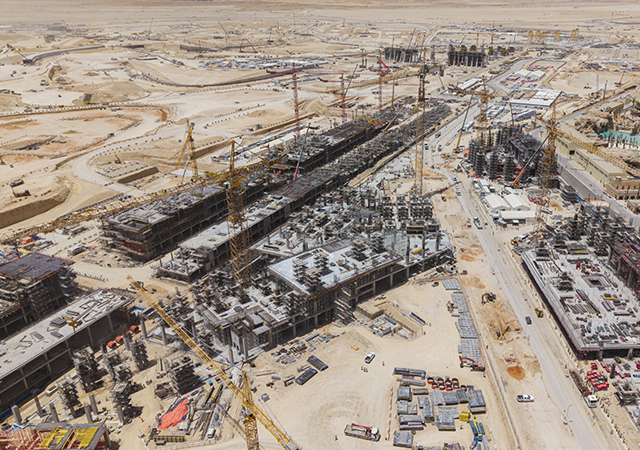
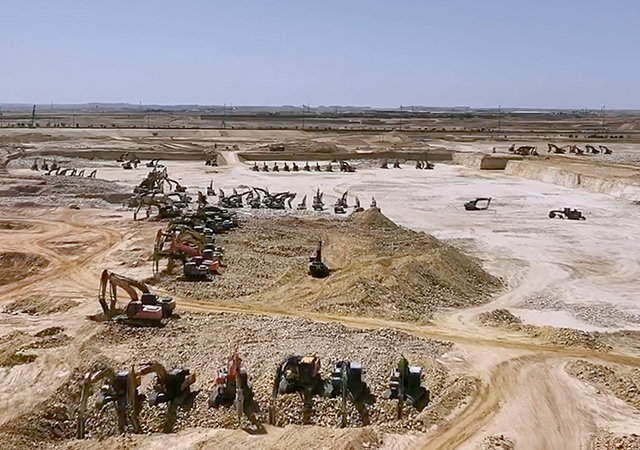
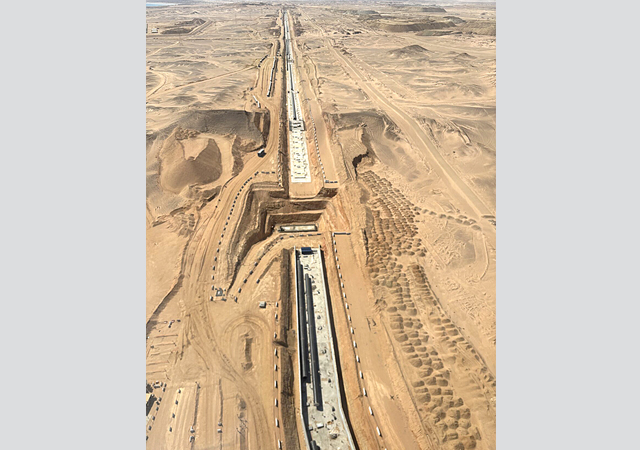
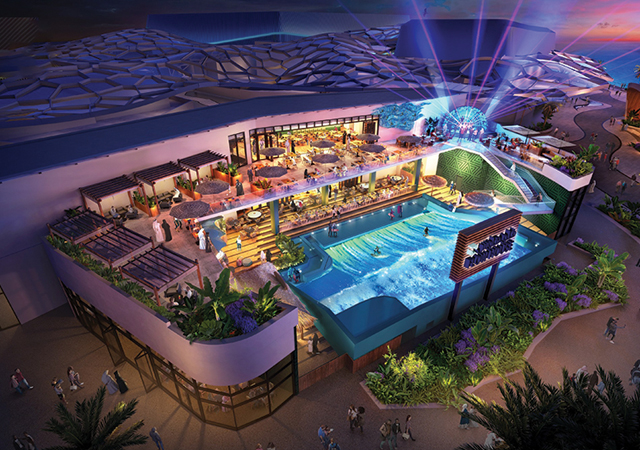
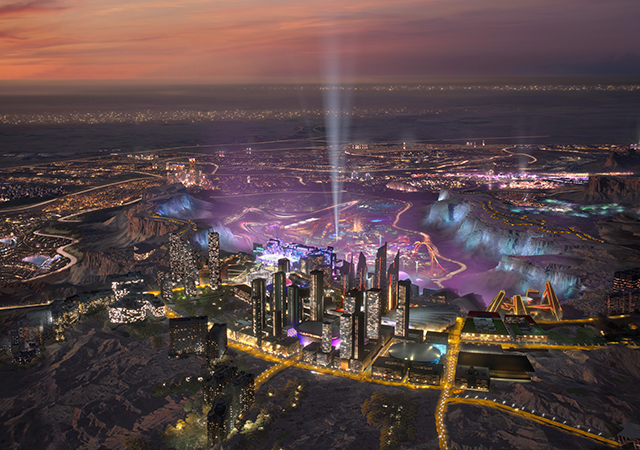
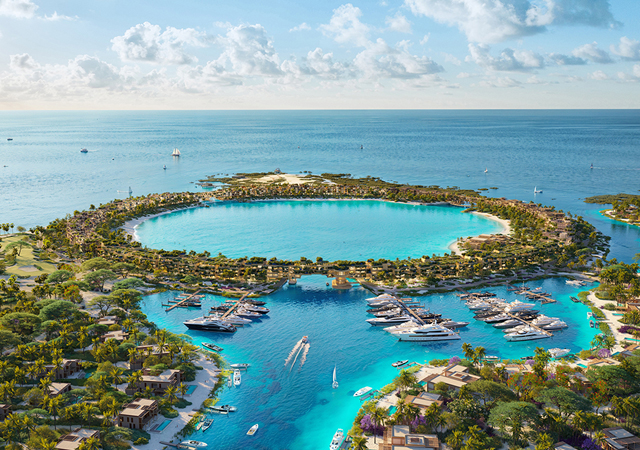
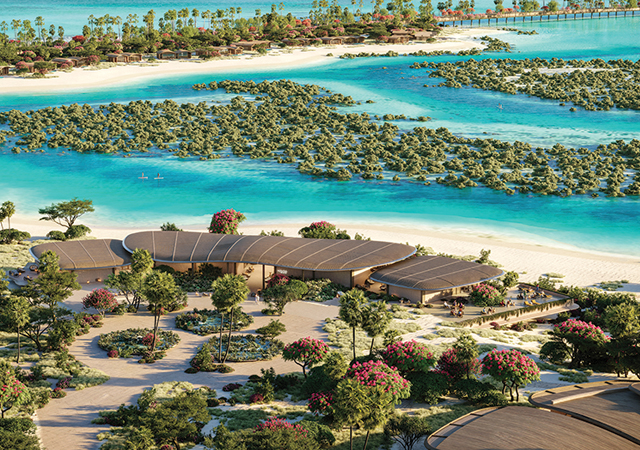
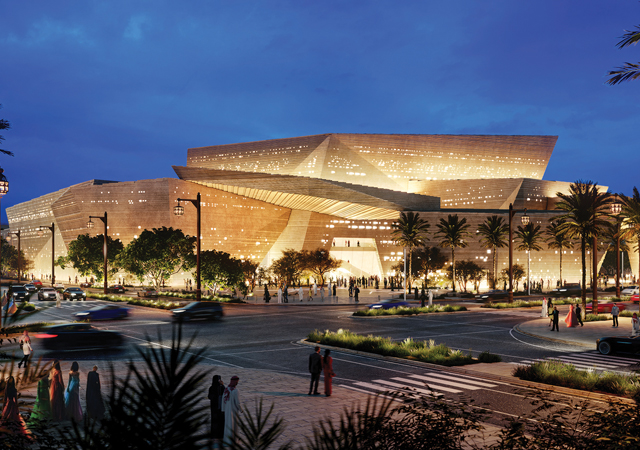
 BIG.jpg)
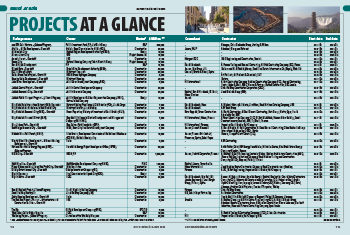
.jpg)
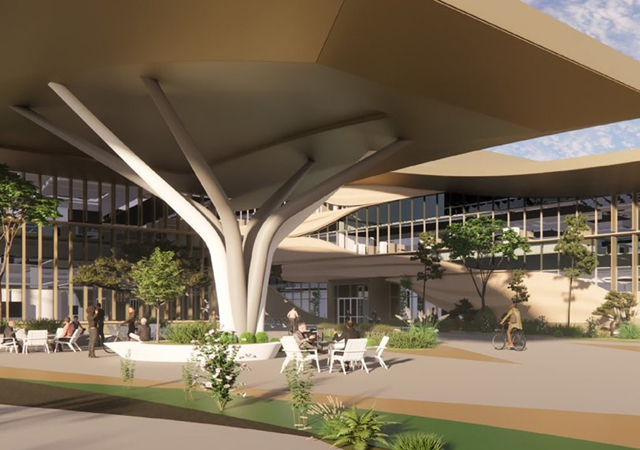
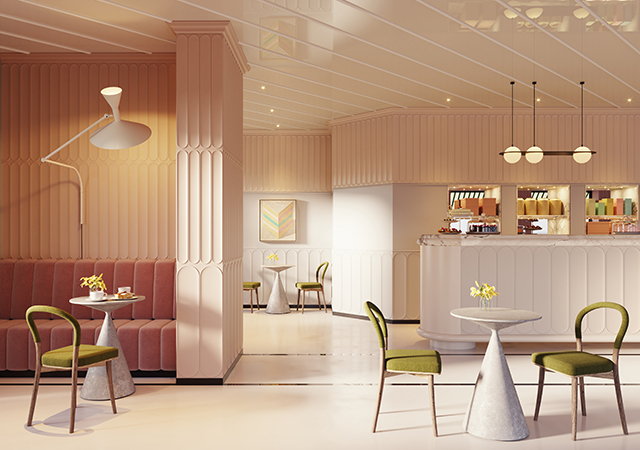
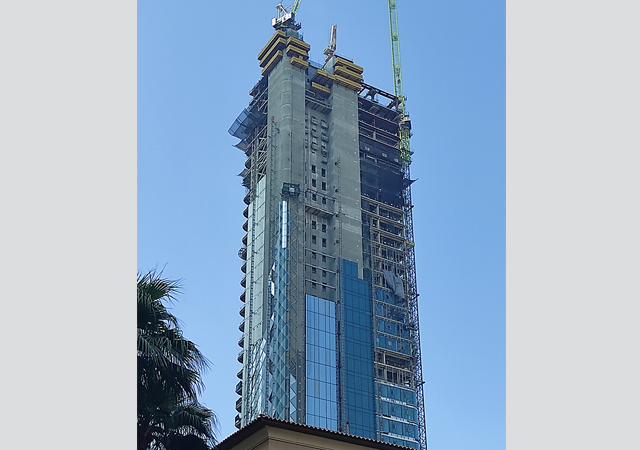
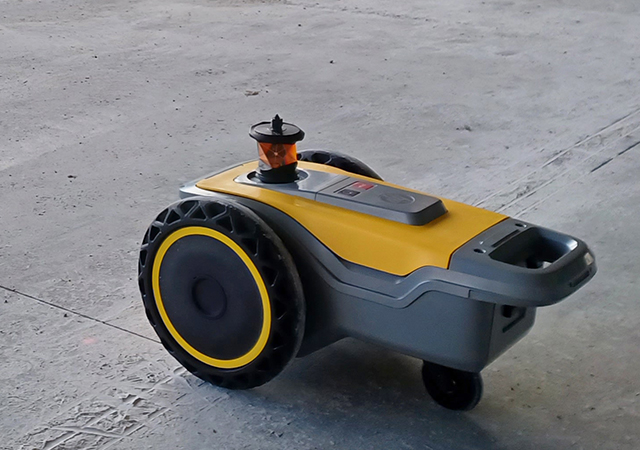

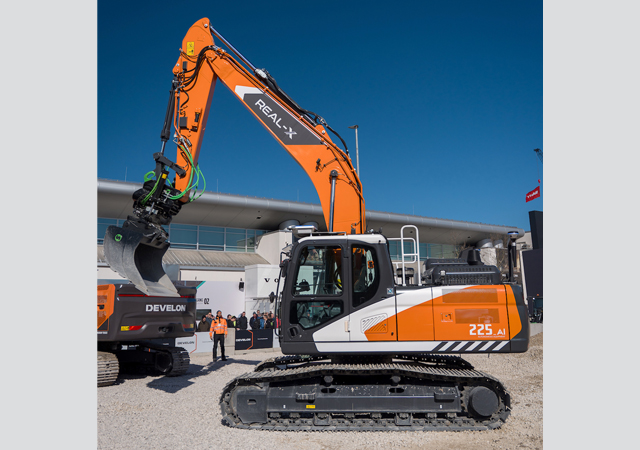
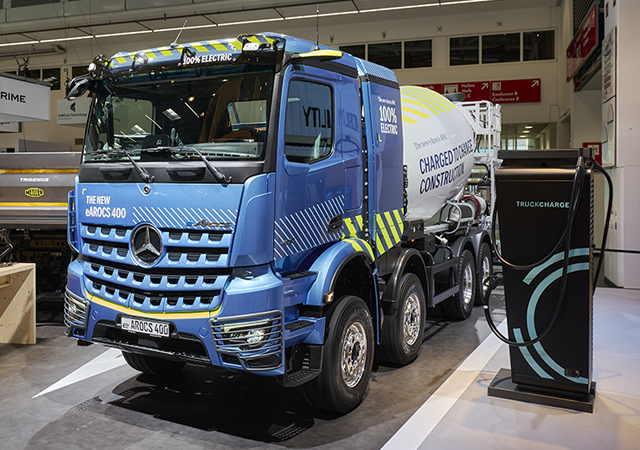



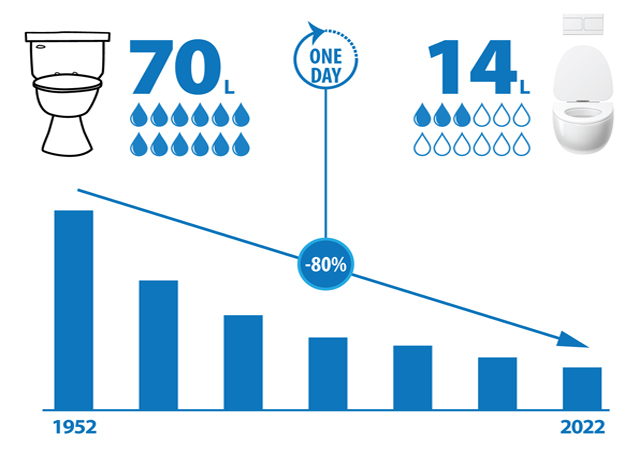

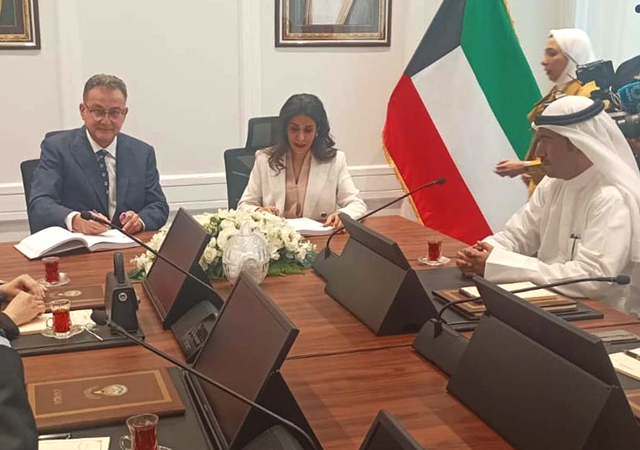
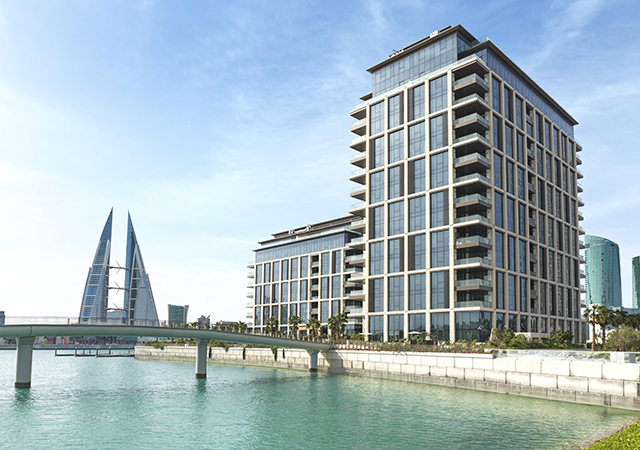
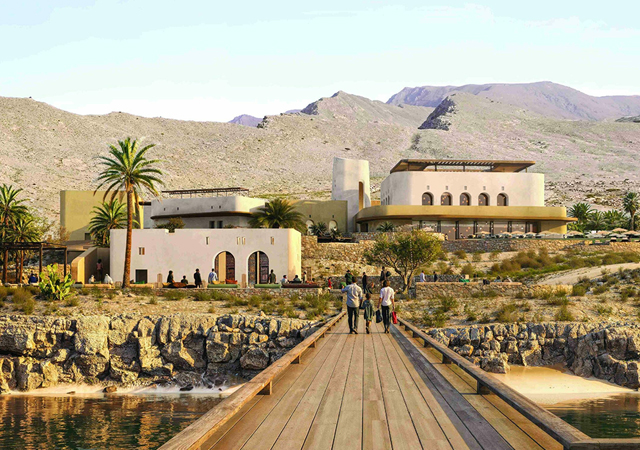
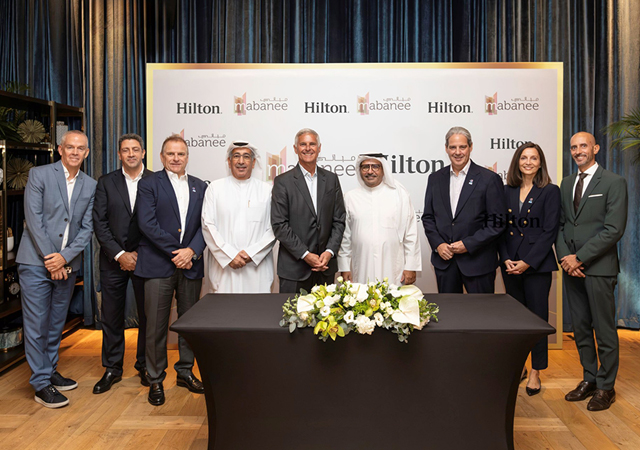
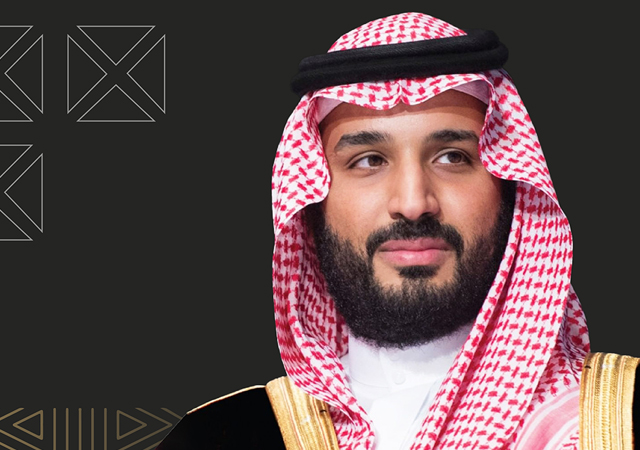
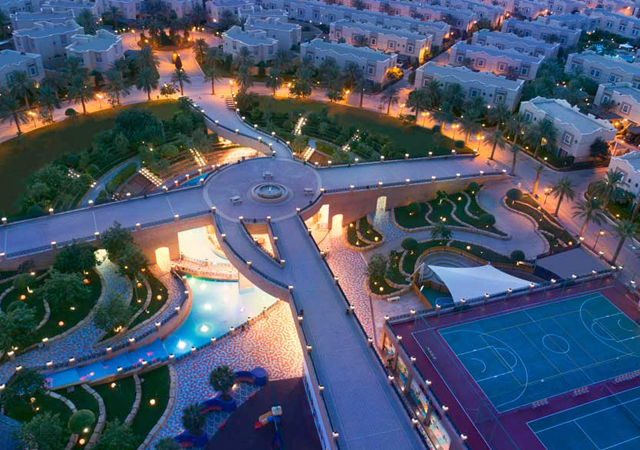
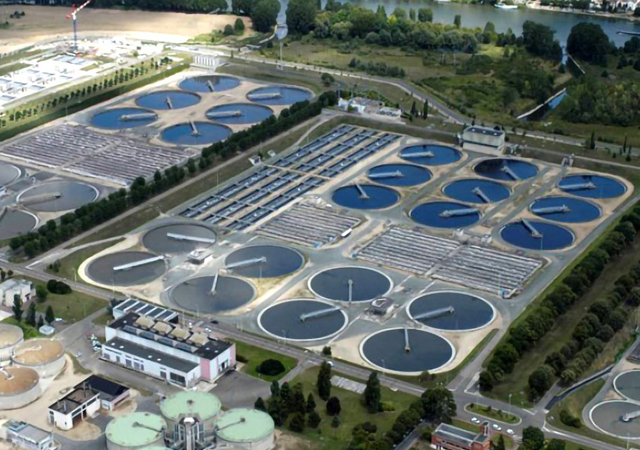
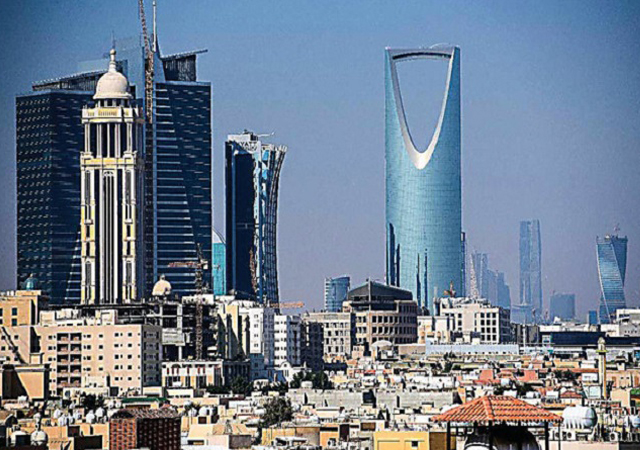
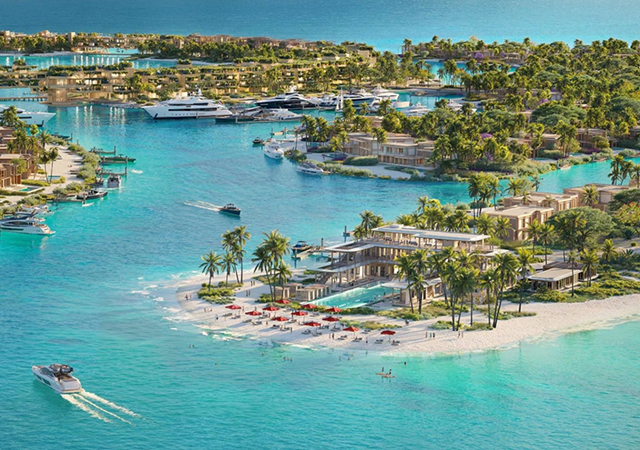
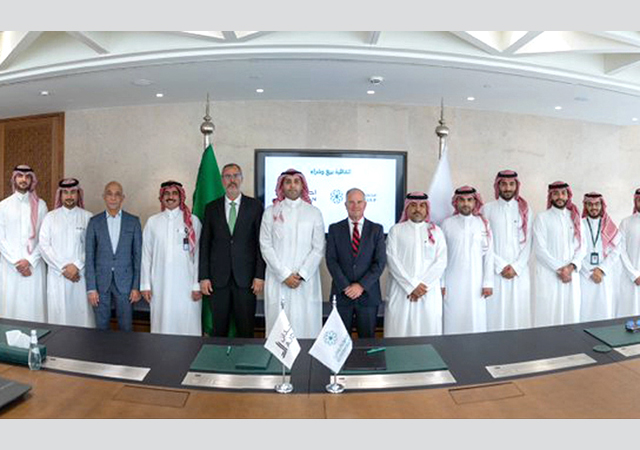


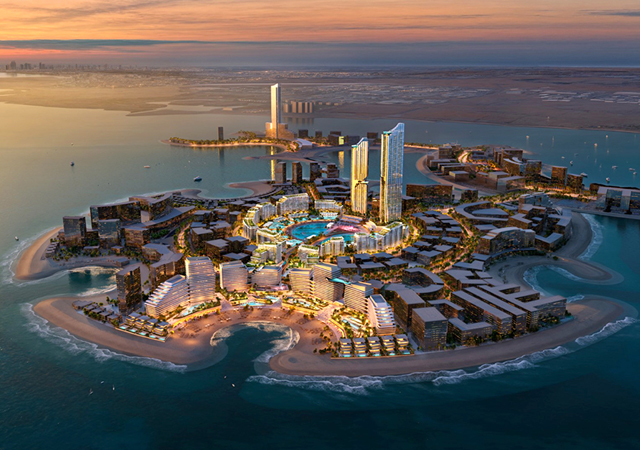
.jpg)
